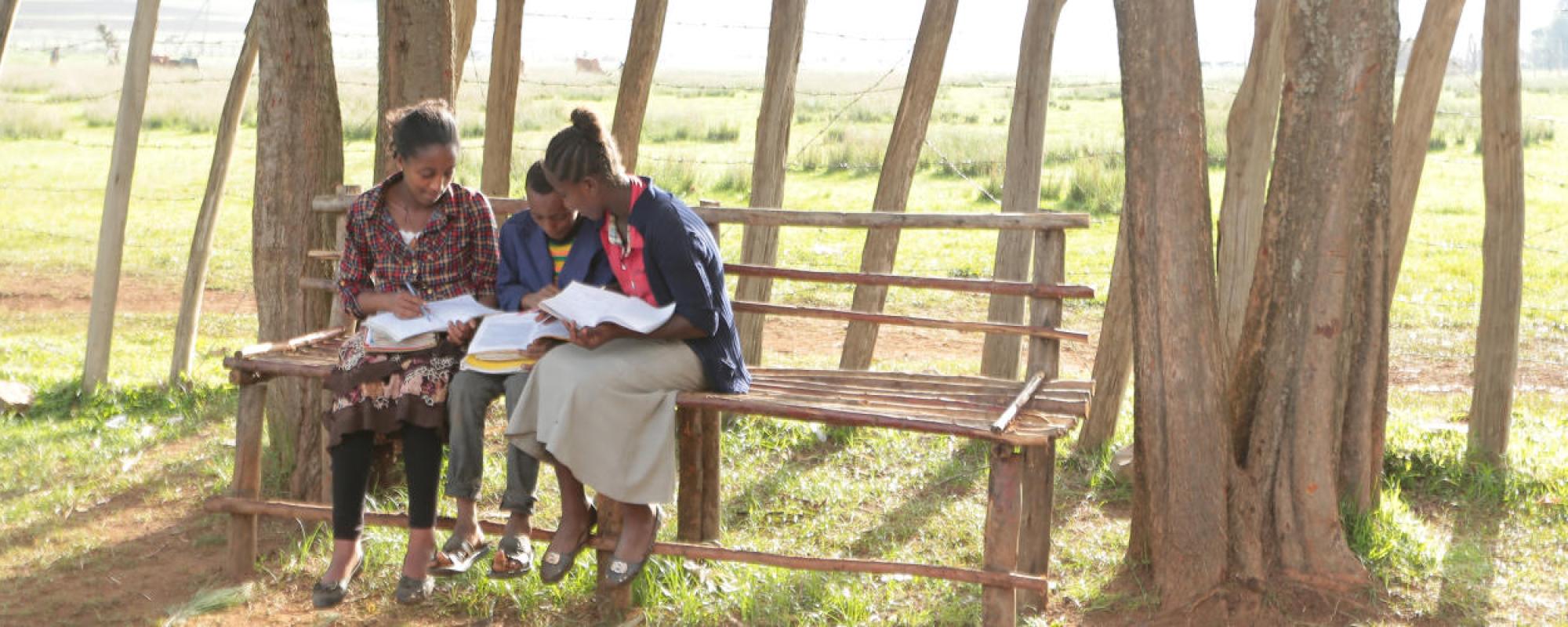
In 2020, when the COVID-19 pandemic hit, the team established the revised research programme ‘Listening to Young Lives at Work: COVID-19' and conducted a 5 Call Phone Survey, completed in 2021. All the findings can be found here. This Phone Survey is an adapted version of the Round 6 survey with additional questions to directly assess the impact of the pandemic.
The survey consisted of five phone calls with each of our Young Lives respondents, across both the younger and older cohorts, and in all four study countries. It enabled Young Lives to inform policy makers on the short-term effects of the COVID-19 pandemic.
The resources used by YLAW to conduct the Phone Survey are available, Open Access, on this page.
These documents present the complete scripts for Enumerators to follow when conducting the calls together with all the questions:
This detailed and comprehensive manual includes guidelines on how to train enumerators; data management; protocols; ethical considerations, reciprocity and safeguarding and step by step phone call scripts and questions:
The Listening to Young Lives at Work: COVID-19 Phone Survey, First Call, 2020 data covered the following main topic areas:
- Information about the household (roster, demographics)
- Knowledge and information about COVID-19
- Effect on health
- Effect on household labour
- Effect on education
- Effect on caring responsibilities
- Government support
- Subjective well-being
The Listening to Young Lives at Work: COVID-19 Phone Survey, Second Call, 2020 data covered the following main topic areas:
- COVID-19: Behaviours and risk perceptions
- Socio-economic status
- Recent life history and economic changes
- Food security and prices
- Individual health
- Current education
- Time use
- Employment and earnings
- Subjective wellbeing and mental health
The Listening to Young Lives at Work: COVID-19 Phone Survey, Third Call, 2020 data covered the following main topic areas:
- Current education
- Food security and other events
- Mental health
- Employment
- Trust, solidarity, collective action and cooperation
In 2020, when the COVID-19 pandemic hit, the team established the revised research programme ‘Listening to Young Lives at Work: COVID-19' and conducted a 5 Call Phone Survey, completed in 2021. All the findings can be found here. This Phone Survey is an adapted version of the Round 6 survey with additional questions to directly assess the impact of the pandemic.
The survey consisted of five phone calls with each of our Young Lives respondents, across both the younger and older cohorts, and in all four study countries. It enabled Young Lives to inform policy makers on the short-term effects of the COVID-19 pandemic.
The resources used by YLAW to conduct the Phone Survey are available, Open Access, on this page.
These documents present the complete scripts for Enumerators to follow when conducting the calls together with all the questions:
This detailed and comprehensive manual includes guidelines on how to train enumerators; data management; protocols; ethical considerations, reciprocity and safeguarding and step by step phone call scripts and questions:
The Listening to Young Lives at Work: COVID-19 Phone Survey, First Call, 2020 data covered the following main topic areas:
- Information about the household (roster, demographics)
- Knowledge and information about COVID-19
- Effect on health
- Effect on household labour
- Effect on education
- Effect on caring responsibilities
- Government support
- Subjective well-being
The Listening to Young Lives at Work: COVID-19 Phone Survey, Second Call, 2020 data covered the following main topic areas:
- COVID-19: Behaviours and risk perceptions
- Socio-economic status
- Recent life history and economic changes
- Food security and prices
- Individual health
- Current education
- Time use
- Employment and earnings
- Subjective wellbeing and mental health
The Listening to Young Lives at Work: COVID-19 Phone Survey, Third Call, 2020 data covered the following main topic areas:
- Current education
- Food security and other events
- Mental health
- Employment
- Trust, solidarity, collective action and cooperation






